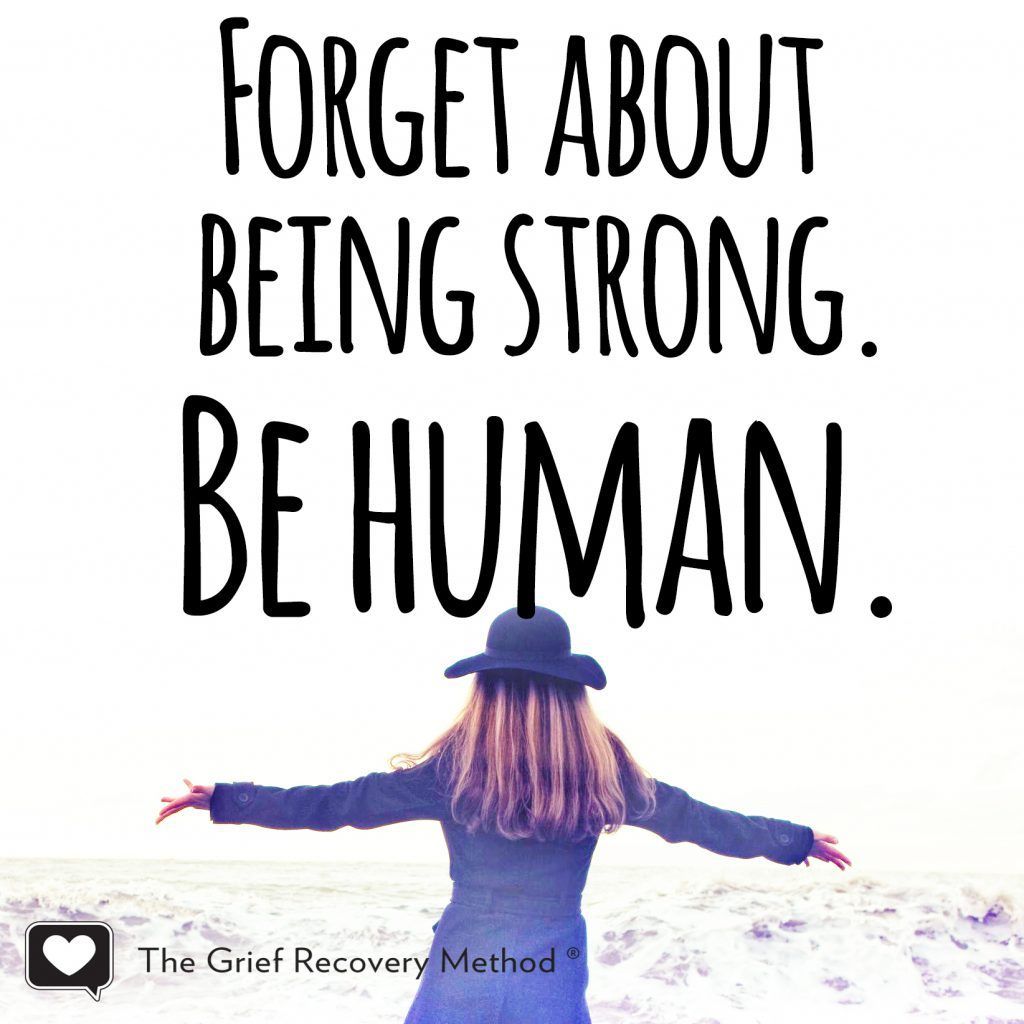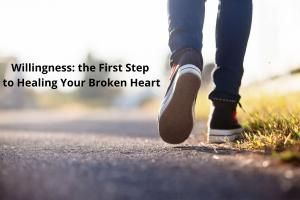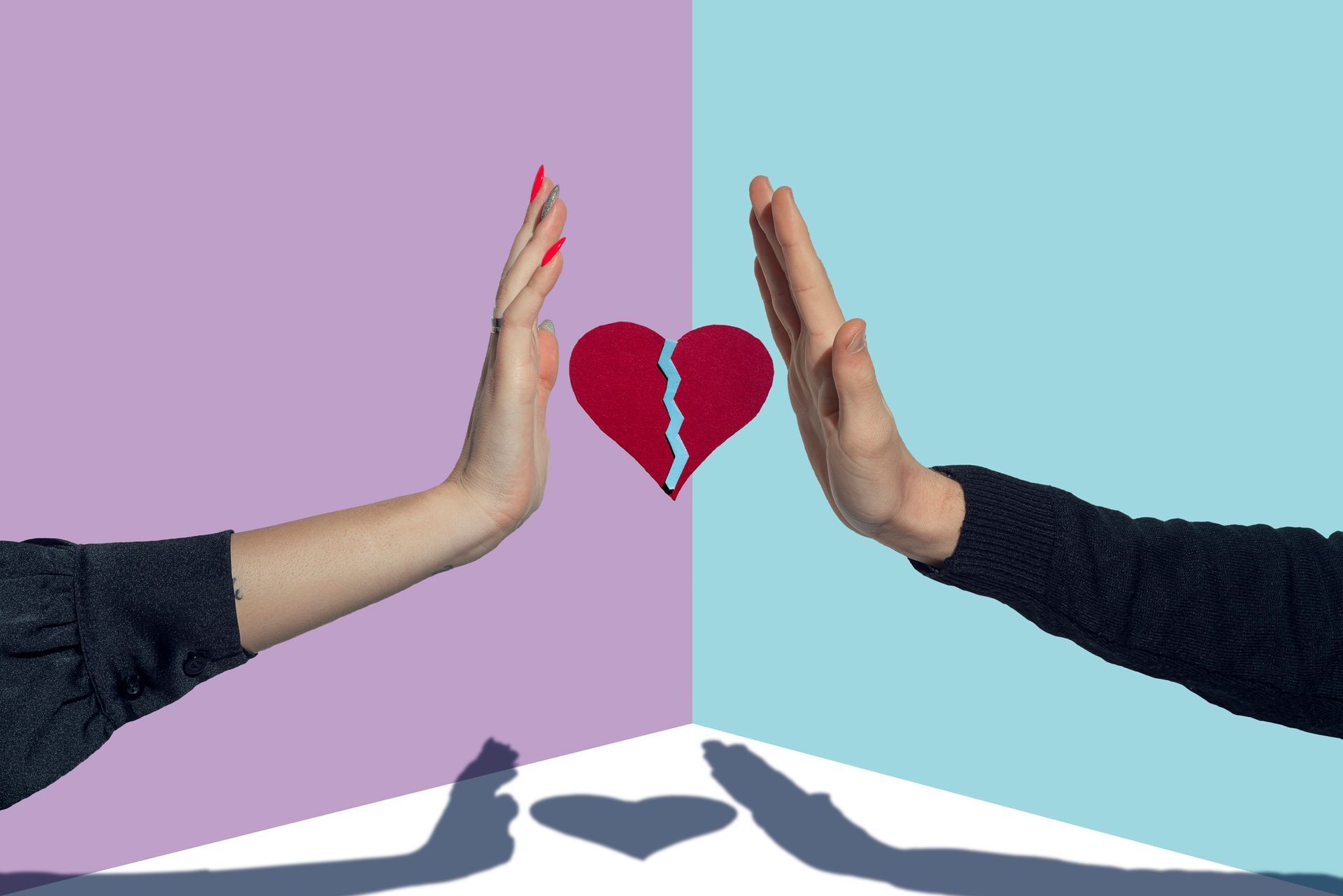New Year’s Resolutions on Grief
Do you want to improve your mental, physical, and spiritual health in the New Year?
Have you made any resolutions yet?
From eating healthier and working out to getting out of debt or following a budget, making time for resolutions means that you’re open to self-improvement, so kudos to you!
While you’ll certainly find tons of articles on self-care in the New Year, few will help you look at the roots and causes of WHY you might continue behavior that you know isn’t good for you. It’s vital to take an uncomfortable look at yourself if you want a higher chance of success.
Why do we partake in behaviors that we know hurt us?
- It’s what you were taught. Some of the most common behaviors that people want to change are rooted in misinformation they were taught as kids. The biggest one has to do with food, which is why food-related resolutions are always popular. Remember being sad as a kid and being told, “Don’t feel sad. Here’s a cookie.” Later after a break-up you might have heard, “Don’t feel bad. Let’s get some ice cream.” Those well-intentioned statements set you up for eating when you have feelings. The thing is, the cookie does not make you feel better, but it does make you feel different. Pretty soon you find that you are eating to avoid feelings.
- The behaviors you do to avoid painful emotions are called Short Term Energy Relieving Behaviors. S.T.E.R.B.s include things like drinking, shopping, playing video games or anything else that keeps you out of the moment. You might notice that a lot of S.T.E.R.B.s parallel the behaviors that people want to change for their New Year’s Resolutions.
- Habit. Do you put the same leg in your pants first each time you get dressed or take the same route each time you go to the store? You probably do these things without even thinking about it first. What you practice you get good at. The more you practice behaviors that hurt you the better you get at them. The good news is that the more you practice positive behaviors, the better you will get at those, too.
- Unresolved grief. Most behaviors that people want to change could be related to unresolved grief, but you’d never know it. Society doesn’t talk about grief and loss as freely as they talk about happy and positive events. But unresolved grief is at the root of many harmful behaviors. In fact, it’s why you may try to make the same resolution year after year with only short-term success. You have to deal with what’s holding you back to set yourself up for a happier future.
So if you’re looking for the ultimate self-care in the New Year, give these things a try.
- Feel your feelings rather than avoiding them. One of the best ways to honor yourself is to go easy on yourself when you’re feeling down. When you’re happy you share it with others, so why not do the same when you’re sad? When you are honest about your feelings you will be less likely to use things like food, alcohol or shopping to avoid feeling them. An added bonus is that you will be showing others that it’s okay to be honest as well.
- Practice forgiveness. Do you have a hard time forgiving people that have wronged you? You’re not alone. Why should you forgive someone when they are the ones who hurt you? Doesn’t seem fair at all! The thing is, forgiveness brings you freedom. It doesn’t mean you condone or accept their behavior, it simply means that you are ready to feel better. Forgiveness is giving up the hope of a better or different yesterday, so that you acknowledge what someone did or didn’t do that was hurtful and that you are not going to allow it to hurt you anymore. It gives you freedom.
- Don’t wait for time to heal. You’ve probably heard that “time heals all wounds.” But is that really true? Who do you know who is still heartbroken over something that happened five, 10 or even 20 years ago? If grief really “just takes time,” wouldn’t 20 years be enough time? The sad truth is the idea that time heals all wounds keeps grievers stuck in their heartache, because it’s not true. Time only passes. It’s what you do within that time that heals. So this year consider taking the actions that could lead to your freedom. There is no time like the present to truly practice self-care by getting complete with the relationships and events in your past that limit your capacity for happiness.
Contact Mary Hargrave for help with a new program on recovering from grief.
The post New Year’s Resolutions on Grief appeared first on Mary Hargrave - Grief Coping Specialist.

Wondering how the Grief Recovery Method is different from traditional grief support? Great Question!








